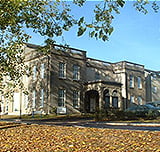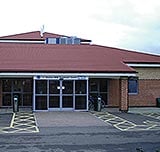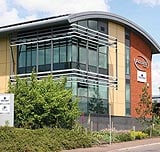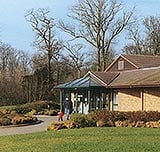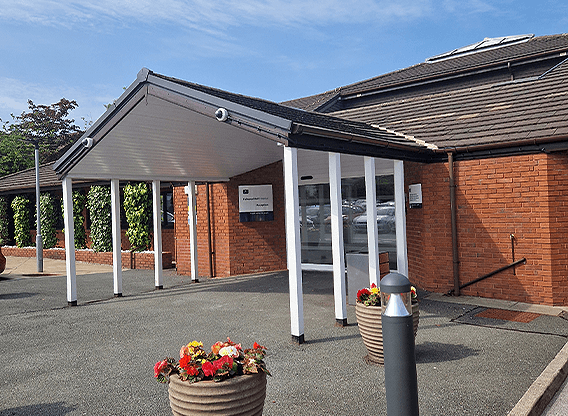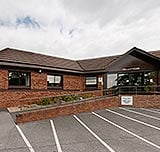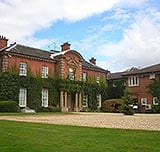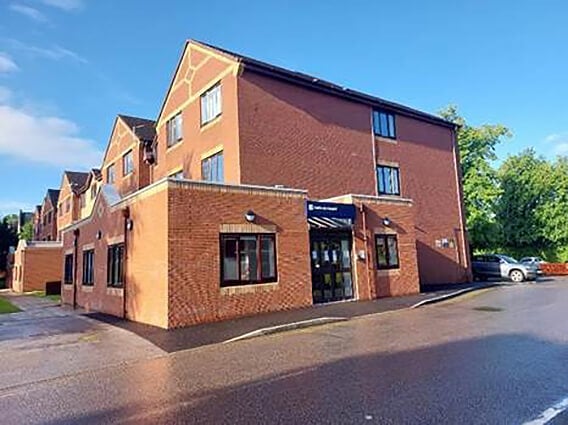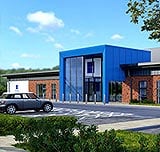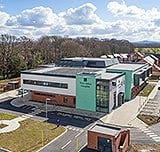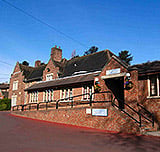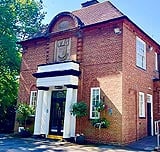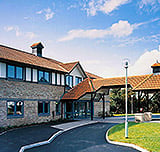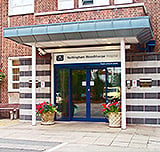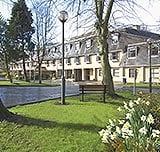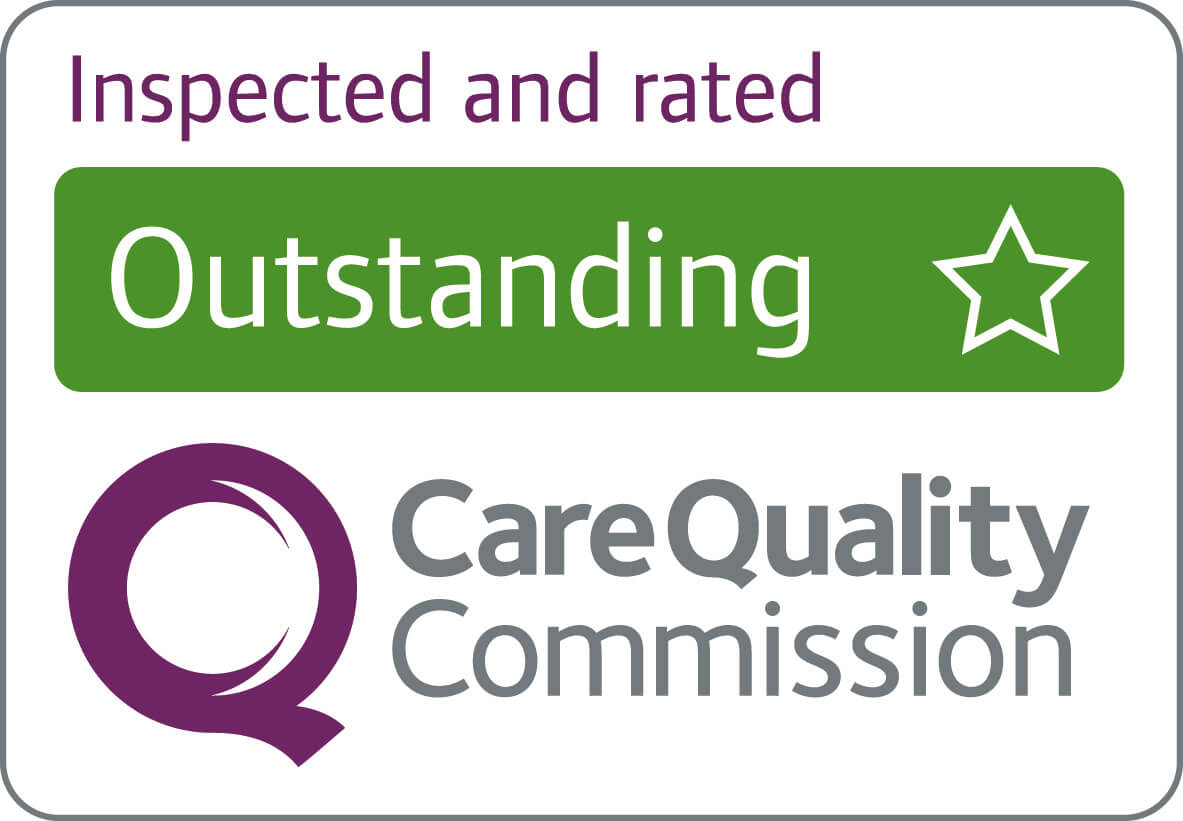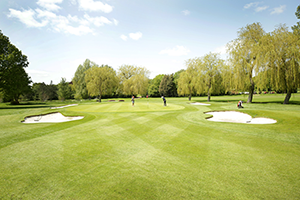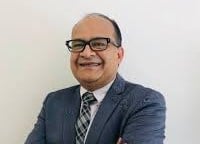The main vascular surgery procedures include:
• Carotid Artery Disease (CAD) Surgery – opens narrowed carotid arteries that are restricting blood supply. Treatment improves blood flow to your brain and reduces the risk of a stroke. It can include:
o Carotid endarterectomy - removes plaque from carotid arteries.
o Carotid angioplasty and stenting - opens up arteries using balloons and stents.
• Abdominal Aortic Aneurysm (AAA) Repair – reduces the risk of an aneurysm bursting in your main artery. It can be performed by:
o AAA open surgery - removes the damaged part of your aorta (the aneurysm) and replaces it with a fabric tube graft via a large incision.
o Endovascular aneurysm repair (EVAR) - places a stent graft at the aneurysm via small incisions. EVAR is less invasive and recovery is faster.
• Thoracic Aortic Aneurysm (TAA) Repair– similar to AAA repair but for thoracic aortic aneurysms. A TAA is higher up the aorta in your chest.
o TAA open surgery – replaces the weakened portion of your aorta with a fabric graft tube via a large incision.
o Thoracic endovascular aortic repair (TEVAR) – uses minimally invasive surgery to place a stent graft at the aneurysm.
• Thrombectomy / Embolectomy – removes a blood clot or foreign body from a blood vessel. This prevents the vessel from being obstructed or blocked and restores blood flow to body parts.
• Peripheral Artery Disease (PAD) Surgery - restores blood flow through the arteries in your legs, called revascularisation. The two main types of PAD treatment are:
o PAD angioplasty and stenting - inflates a tiny balloon inside your artery to open up a blocked or narrowed section and restore blood flow.
o PAD artery bypass grafts - uses a healthy blood vessel or artificial material to bypass the blockage in your artery.
• Varicose Vein Surgery – treats problematic or unsightly varicose veins that are not resolving by conservative methods, such as compression stockings. Varicose vein surgery includes:
o laser or radiofrequency ablation - uses a heat source to close your vein
o sclerotherapy - injects a medicine to shrink your vein.


